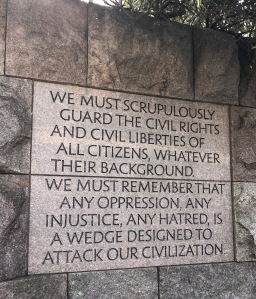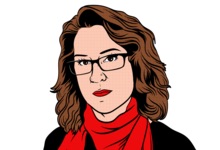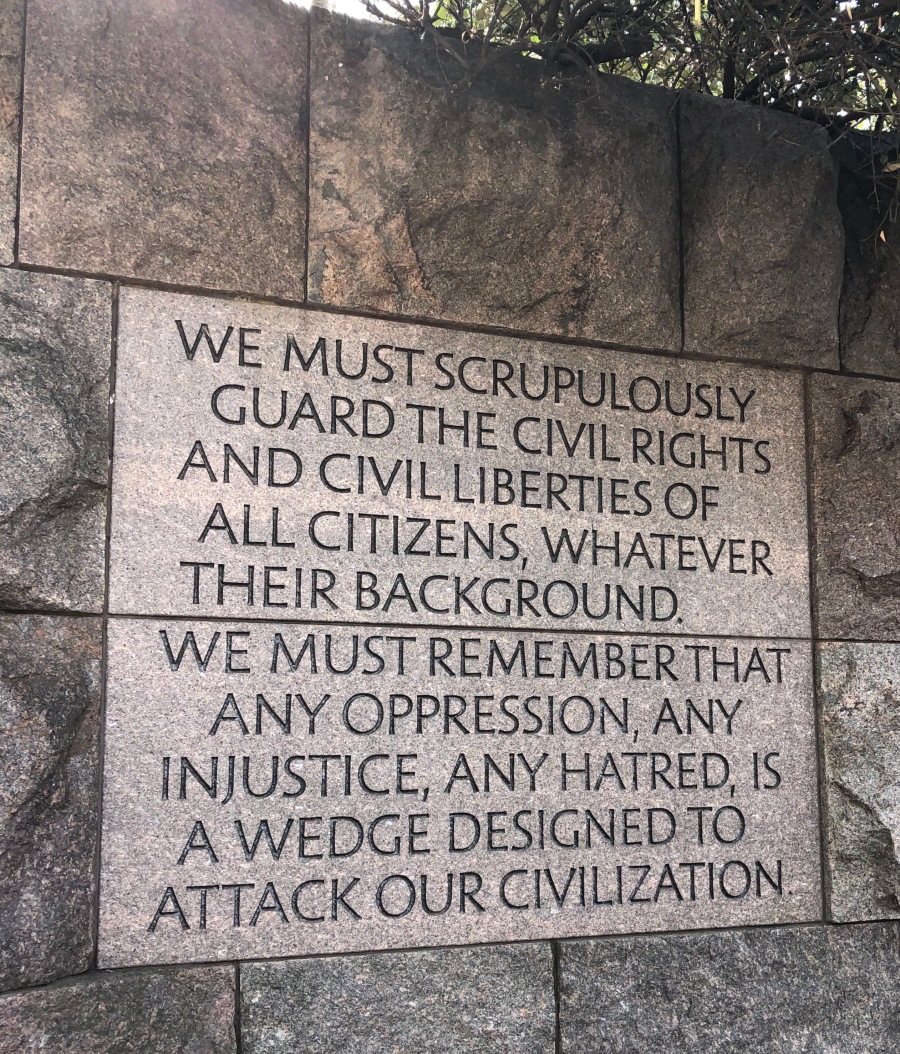Every once in awhile someone asks me how I got into diversity work. My nonlinear path combined with the”why” and “when” of the question usually causes me to focus on one experience more than another in that way that we do when making sense of the past.
Nothing is hidden or exaggerated (I am too old for that noise), but I choose where to shine the spotlight each time I’m asked. It is, after all, my story.
I’m a big believer in the power of story for connection and history and entertainment and reflection and oh so many other contexts. I can think of few things that can’t be improved by a well-told story.
But the stories we tell ourselves, and tell others about ourselves need special attention.
We can exaggerate our failures or exaggerate our successes. We can minimize our flaws or minimize our skills. Sometimes we do all of the above all at the same time. We are tricky creatures we humans.
Often these inaccuracies stem from misguided comparisons, as I’ve written about before, but it what it really comes down to perception.
Lately, when people ask me the “why/how diversity” question, I’ve shared a moment from my 8th grade Civics class.
Let me preface this with a sketch of my upbringing for context.
I grew up in a working-class industrial city in a predominately Catholic, Italian & Irish neighborhood, that included folks who had migrated from Appalachia for factory jobs and still called the place they were from “home”.
This was not a hotbed of activism or free-thinking. The public schools I attended were neither destination schools nor so dangerous that they needed to be escaped.
An 8th grade Civics lesson on World War II had the class split in two sections to debate whether we should “lock up” German-Americans and Japanese-Americans for the safety of the country.
I remember being disgusted that my classmates thought it was OK to lock up American citizens who looked Japanese.
And then we learned about the internment camps and how they lost their houses and businesses.
And that really shocked me. The more the teacher talked about how it was a legal action, the more I argued that it was still wrong.
I mention this particular moment from my past because it illustrates two things for me: First, how tenuous and shallow our pool of knowledge can be, and second, how an eye-opening experience can shift your perspective.
I understood gender disparity by living it, but racial disparity didn’t really start to register until that 8th grade class. The following year, as part of the court ordered desegregation of our city schools, I was suddenly attending a majority black high school.
And my perspective shifted again.
So when I describe my career of going from service jobs, to political theatre, to working with teens in gangs, to leading diversity programs in higher ed, to owning a DEI focused consulting business – each zig and every zag was prompted by a perspective shift.
Making space for others to experience that perspective shift is why I provide diversity workshops in addition to my coaching.
That 8th grade teacher opened my eyes to the idea that perspectives could be left out of our national story.
From then on, I started to question – who is missing from this story? Where’s the perspective of the women? The black people? The native people?
Sometimes school included drips of perspective, like the horror of the number of people who died on the Trail of Tears, but mostly I had to discover how much I didn’t know.
I live by the belief that when you know better, you do better. Which is why some folks will hold onto denial for all it’s worth.
If it’s really true that some people are treated violently by police because of their skin color, wouldn’t you say “Hey that’s not right!”and work to change it?
If it’s really true that some women make less money in a job just because they are women, wouldn’t you say “Not fair!”, and try to change it?
Knowledge about injustice usually demands action, repair, or change. Ignoring the injustice, denying the injustice or presenting the injustice as “God-given right”, is much, much easier.
So that’s why I “do diversity”. When I know better, I do better. And if others want to know better, and ask me along for the ride, I’ll be right there with them to the end.
I believe in us and I believe our story is still being written.


